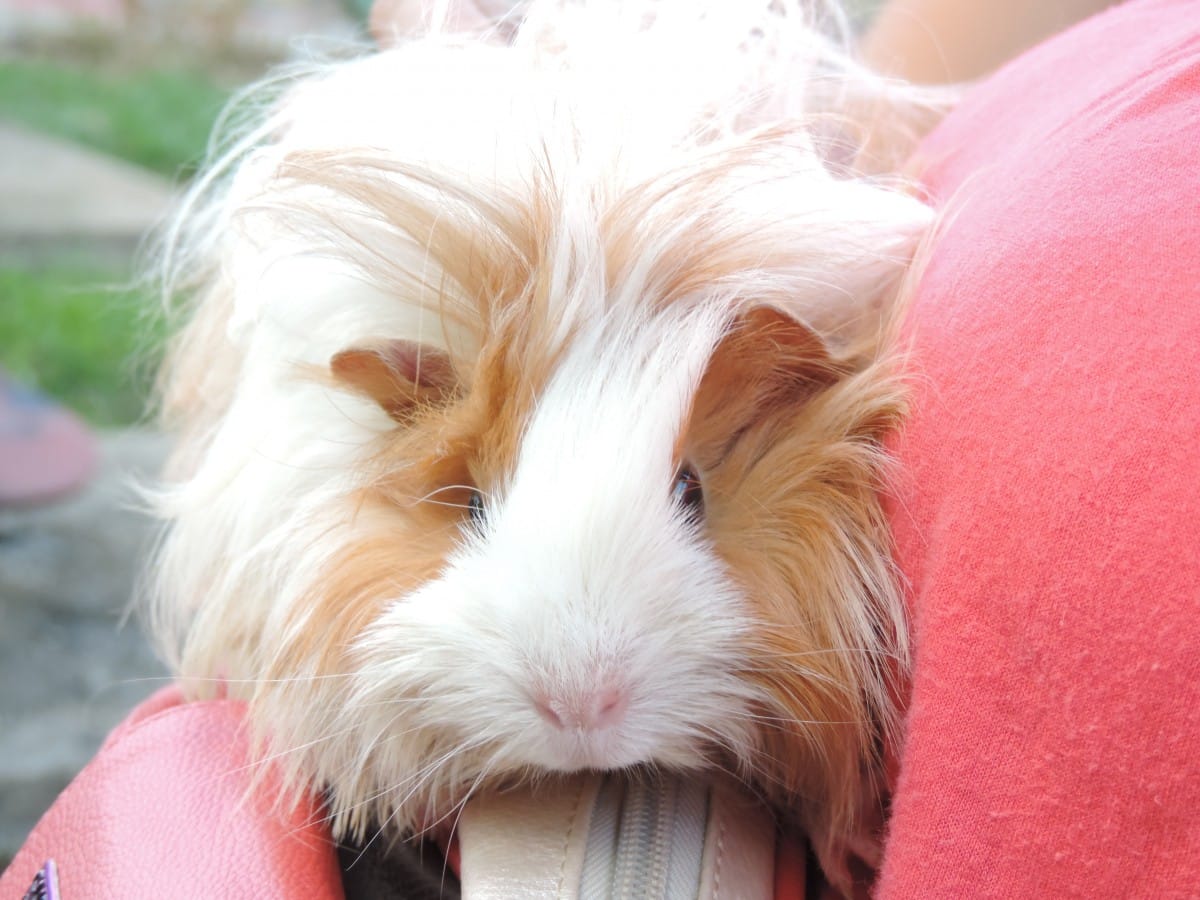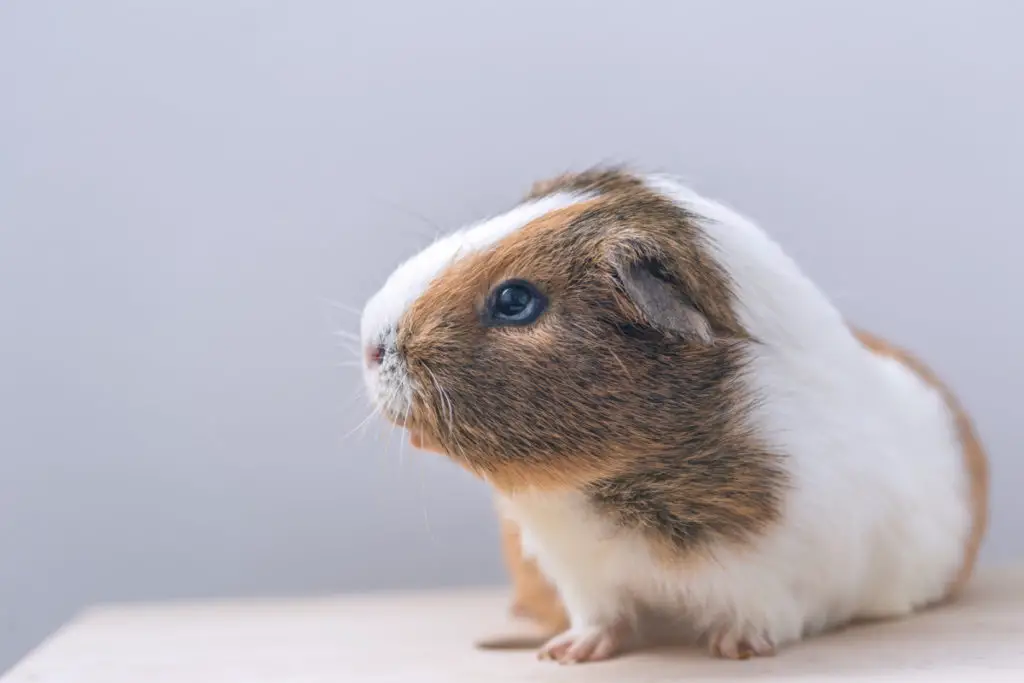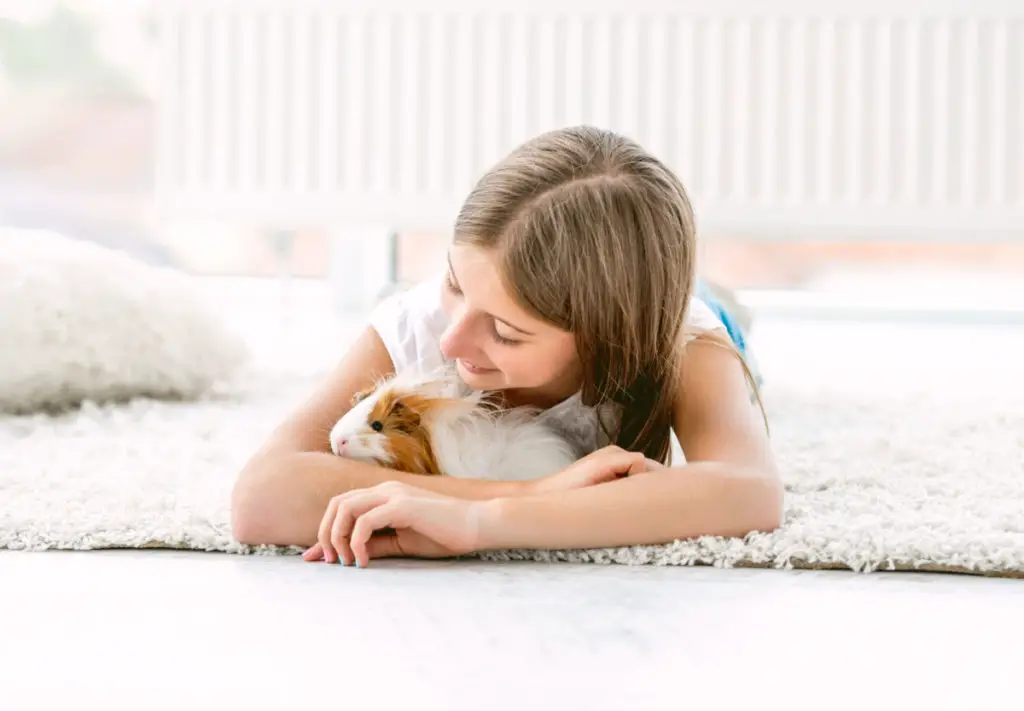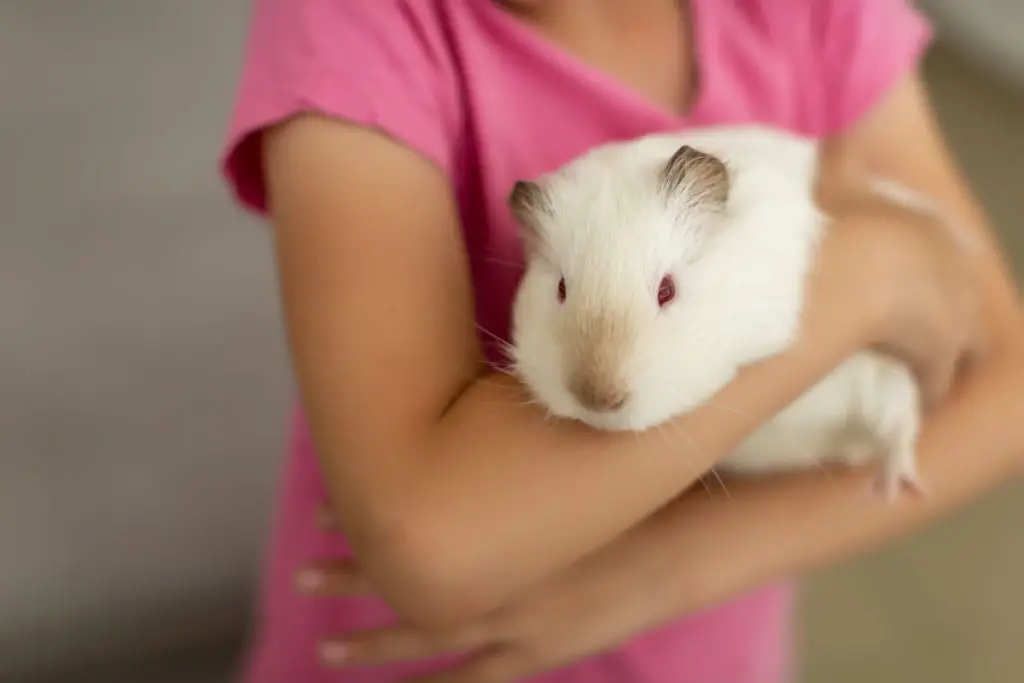What Is The Coldest Temperature A Guinea Pig Can Live In
Sometimes you might wonder, what is the coldest temperature a guinea pig can live in? Just like us humans, your cavies are sensitive to extreme temperatures, but, in contrast to popular theory, they can tolerate colder temperatures. Your pets can adapt and keep themselves warm. (please read here how to keep Guinea pig warm)
However, it is better to prepare than to assume. Any temperature colder than 15.5°C (60°F) could affect their well-being and diminish their health quality. Consider keeping your piggies warm and safe. An ideal climate is a must for their growth and proper development.

This article will provide you tips and information on keeping your pets warm during cold weather. Moreover, we will also touch on the ideal environment that your cavies can handle. Keep on scrolling to know more!
What Climate Do Guinea Pigs Naturally Live In
Some of you may not know, but these animals are common in South America. In short, they are used to live in a warm environment. Like people, they can also feel cold, and too much of it can lead to hypothermia. So, when the rainy season starts, they often go to dry places.

What is the coldest temperature a guinea pig can live in? Guinea pigs prefer to live in forests, mountains, bushlands, and savannas. These areas do have a temperature of 60 degrees Fahrenheit and above. Since guinea pigs are vegetarians, their diet mostly consists of plants, herbs, seeds, and grasses.
What Does Hypothermia In Guinea Pigs Look Like
Hypothermia is a medical condition wherein the body of a person loses heat faster than it can produce heat. But are you aware that guinea pigs can experience hypothermia too?
As you look at your little creatures, you might think that the cold can never bother your furry pets as they have thick, shiny fur to protect them from the coolest of the cold. But you are not correct. Everyone, big or small, has their limitations. Guinea pigs can develop hypothermia too.
The following are the signs that you should observe to know whether your guinea pig is suffering from hypothermia. The first thing you might notice is their reluctance to move. Your guinea pigs will look like they are out of energy and unenthusiastic.
Once this occurs, you should observe their breathing. If it becomes fast and shallow, there is a high chance that your guinea pigs are experiencing hypothermia. (please read here why is my Guinea pig shivering)
They will also show no interest in food, and their hair may stand on end. To avoid these things from happening, always keep your guinea pigs in a warm environment. However, if these signs occur, consult a veterinarian immediately.
Keeping Your Guinea Pig Warm
No one is more powerful than nature. No one can stop the coldest temperature once it occurs. But you have the power to prepare and save your guinea pigs from the coolest of the cold. Let us dive into the reasons why they usually feel cold. Also, let’s understand what we can do to keep them warm.
Guinea pigs get cold indoors
You will be able to protect them from a rapidly dropping temperature and cold weather. In addition to this, you do not have to worry about a single predator attacking them.

If you are wondering whether or not guinea pigs get cold indoors, the answer is yes. However, there are several ways that you can protect your cavies from these harsh conditions.
Consider placing their cage in a peaceful area and warm. Prevent putting it near the windows or doors. Avoid using air conditioning vents as these can lead to chills. Make sure that their location can receive enough socialization; perhaps, a cozy location might be the best choice. (please read here how to make a guinea pig bed)
Guinea pigs get cold outdoors
Although putting your pets indoors might be the best solution, you can still keep them outdoors. However, there are certain things that you should take into consideration when putting your cavies outside.
First, consider providing a hutch for your guinea pigs. It can withstand harsh weather than an average cage. Consider keeping them in an area that receives more exposure from the sun. In addition to this, you have to ensure their safety. Make sure that there are no predators near the area.
Once cold weather occurs, supply your guinea pigs with heating pads and blankets. Consider putting a thermometer inside the hutch and monitor the temperature. Once the temperature drops below 60 F, transfer them indoors immediately.
Can guinea pigs live in warmer temperatures?
Any temperature warmer than 75°F or 23°C can affect their health. Exposure to high temperatures could give them heat stress and lead to worse cases such as heat stroke and dehydration. Never let them stay in temperatures higher than their ideal environment.
What happens when guinea pigs live in cold temperatures?

Guinea pigs can survive cold temperatures. However, extreme ones would lead to their demise. They can experience hypothermia or freeze to death. Their ability to keep themselves warm goes lower as the temperature goes down as well.
How can I keep my guinea pigs warm?
Your guinea pigs deserve the best. To keep them warm, make sure that their homes have proper insulation to combat cold temperatures. Moreover, include a thermal regulator so that their environment would remain ideal, and they won’t suffer from any temperature extremities.
You can also provide their mini houses with a small heater or warmer to regulate the cold temperature and provide them with a sufficient amount of warmth.
A Guinea Pig’s House
Most guinea pigs live in small cages. They need to have a bigger space to roam around and have a place for food, water, and sleeping areas. Animals do not want to live in a cage forever, so make sure to free and monitor your pets when freeing them outside from time to time. ( please read here how much space do guinea pig need )
1. Location
After choosing what type of house to build, you have to consider where to place your guinea pigs. You also need to know the different factors that affect your pet.
Temperature is necessary. The ideal conditions for guinea pigs are 65 to 75 degrees Fahrenheit. Having a lower and higher temperature may affect the growth and development of your pet. You should also avoid putting them in the direct sources of heat as it can cause heatstroke.
Lower temperatures may contribute to more moisture, thus creating a mold to their bedding and foods. In this case, your pets may be more susceptible to illnesses.
2. Noise

Guinea pigs do have a sensitive ear. Loud noises can affect their actions and routines. Although guinea pigs love people’s attention, it is best to give them some quiet time if they need it.
Final Words
This article has talked about what is the coldest temperature a guinea pig can live in. Make sure to keep your piggies in an environment with an adequate temperature between 60°F to 75°F.
By following the stated information, your guinea pigs won’t only feel warmth, but they also feel the warmth of your love. Keep safe!
